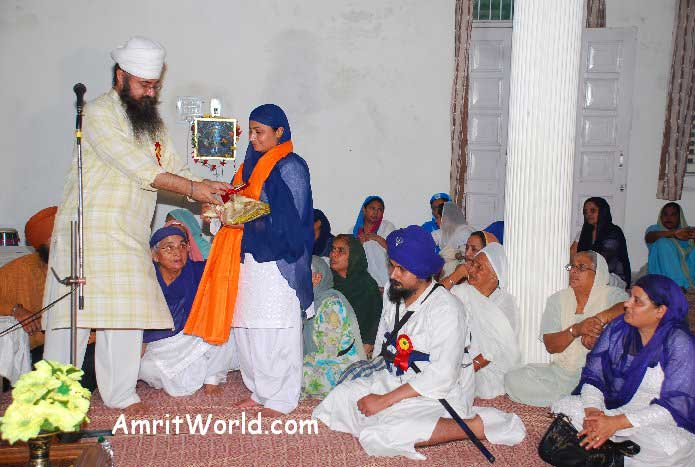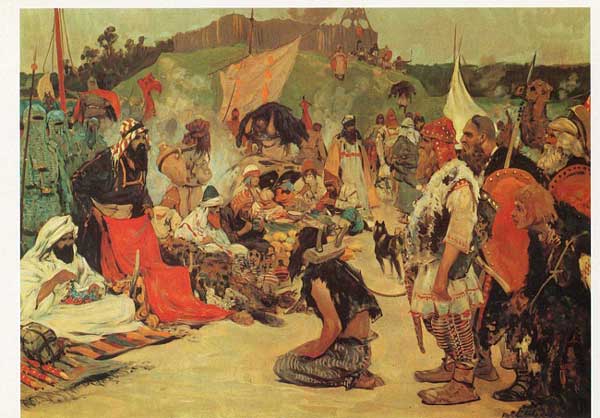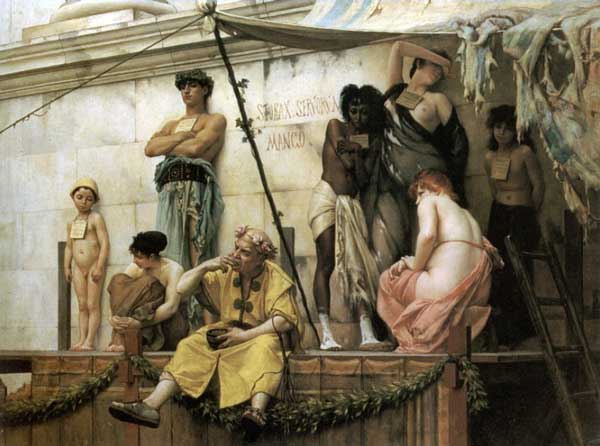(Amrit Pal Singh ‘Amrit’)
According to Bhagwat Puran and Vishnu Puran, Prahlad was son of Harnikshipu, and Harnikshipu was a real brother of Harnaksh. Alternatively, Guru Amardas Ji, Guru Ramdas Ji, Bhagat Kabir Ji, and Bhagat Namdev Ji in Sri Guru Granth Sahib and Bhai Gurdas Ji in his‘Vaars’ mentioned that Prahlad was son of Harnaksh.
Nevertheless, it does not matter in any way whether his name was Hrinikshipu or Harnaksh; the story is same in these two versions.
Well, I would prefer the name ‘Harnaksh’ for Prahlad’s father.
Harnaksh was a king in ancient times. Ancient history tells us that he was a mighty ruler. He defeated many kings and spread his kingdom by force. It is said that he defeated even Indra, the king of gods.
Political power or royal power is a big deceiver. Guru Nanak Dev Ji said:
ਮਃ ੧ ॥ ਰਾਜੁ ਮਾਲੁ ਰੂਪੁ ਜਾਤਿ ਜੋਬਨੁ ਪੰਜੇ ਠਗ ॥ ਏਨੀ ਠਗੀਂ ਜਗੁ ਠਗਿਆ ਕਿਨੈ ਨ ਰਖੀ ਲਜ ॥
Royal power, wealth, beauty, social status and youth are the five deceivers. These deceivers have deceived the world; no one’s honor has been spared. (Guru Nanak Dev Ji ,Sri Guru Granth Sahib).
Harnaksh was not an exception. Royal power deceived him also.
He was a king, a political leader. Now, he wanted to be a religious figure as well. He wanted to be worshipped by everybody. He got the idea into his head that he himself was the God. He ordered all people to worship him.
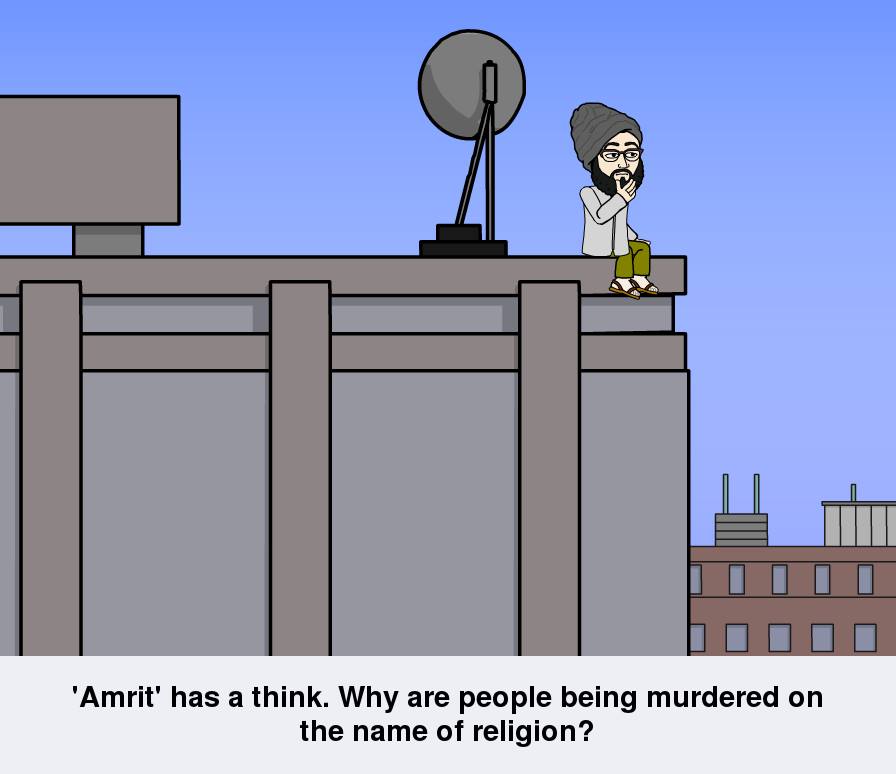
I support freedom of faith. I believe that everyone has the right to preach his religious views. But, there is difference between ‘preaching’ and ‘imposing’. Harnaksh first preached and then started to impose his ideas by force, by use of violence. He followed simple rule, “follow me or face death”. …This is what I call ‘Harnaksh syndrome’.
Who on earth is not afraid of death? Everyone wants to live; and stay alive for long time. No one wants to pass away.
People started worshipping King Harnaksh. Harnaksh did not deserve to be worshipped. People were worshipping him, only because they were afraid. No one raised his voice against Harnaksh. His ministers, teachers in his kingdom and ordinary people started to say what he liked to hear. He became even more arrogant.
However, the opposition came from his own son. Prahlad was his youngest son. He was about 5 years old. Maharishi Narad, a well-known sage taught him the true worship. Prahlad started worshipping the God Almighty.
Prahlad was sent to school to learn worldly education. His teachers, Shand and Amark tried their best to convince Prahlad that Harnaksh was the God Almighty. Despite their efforts, Prahlad continued singing the Glory of real God.
As it was not enough, Prahlad led other students to worship the Real God. His peaceful manners and thoughts of divine happiness appealed other students. All of them started worshipping God.
Prahlad was summoned to the court of his father, King Harnaksh.
Prahlad tried to convince his father that God reveals Himself to all who devoted to Him. He told that the Supreme Lord is present everywhere.
Harnaksh ordered his assistants to kill Prahlad. They tried different means but they could not kill Prahlad by throwing him beneath the feet of big elephants, throwing him among huge snakes, employing destructive spells, hurling him from the top of a hill, starving him, exposing him to severe cold, winds, fire and water, or throwing heavy stones to crush him.
Raged in anger, Harnaksh took up his sword, got up from his throne, and struck his fist against a pillar with great irritation.
Then from within the pillar came a deafening sound, which had never before been heard. To prove that the Supreme Lord is present everywhere, even within the pillar of an assembly hall, wonderful form of the Lord, Narsingh, which could not be established to be either a man or a lion, emerged from the pillar. The Lord came into sight in His wonderful form in the assembly hall.
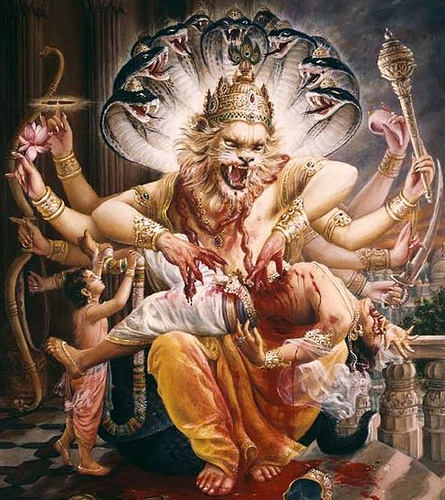
Lord Narsingh placed Harnaksh on His lap, supporting him with His thighs, and in the doorway of the assembly hall the Lord very easily tore Harnaksh to pieces with the nails of His hand.
Prahlad was appointed the king. He ruled wisely and well ever after.
I sometime think that there must have been so many Harnakshs in this world in previous times. Many more will come in future as well. After gaining political as well as other powers, they will put in force their artificial ‘religion’. People with ‘Harnaksh Syndrome’ will use violent behavior to spread their religion in future as well.
Harnaksh syndrome is a mental disease, in which the patient uses religion and violence as means to get political power. Terrorism becomes his religion. By force he robs people, and declares that it was the order of the God. He destroys businesses and trades, and says I did so because the God asked me to do so. He commits every kind of sins, even rapes and killings, and then uses his invented ‘religion’ to hide his misdeeds. For him, religion is not a way to realise the God, but an outfit to hide his evil actions. He believes that by using the name of religion, he can easily fool ordinary people.
Calling their followers ‘believers’, declaring non-followers ‘infidels’, using violence to silence dissidents, killing non-followers, and claiming that it is ordered by the God; all these symptoms point toward only one disease, that is to say ‘Harnaksh syndrome’.
History repeats itself. Harnaksh was born and then destroyed. Those who come into power by violence are removed by violence. If any Harnaksh imposes his artificial religion by force, it will be destroyed by force, sooner or later.



